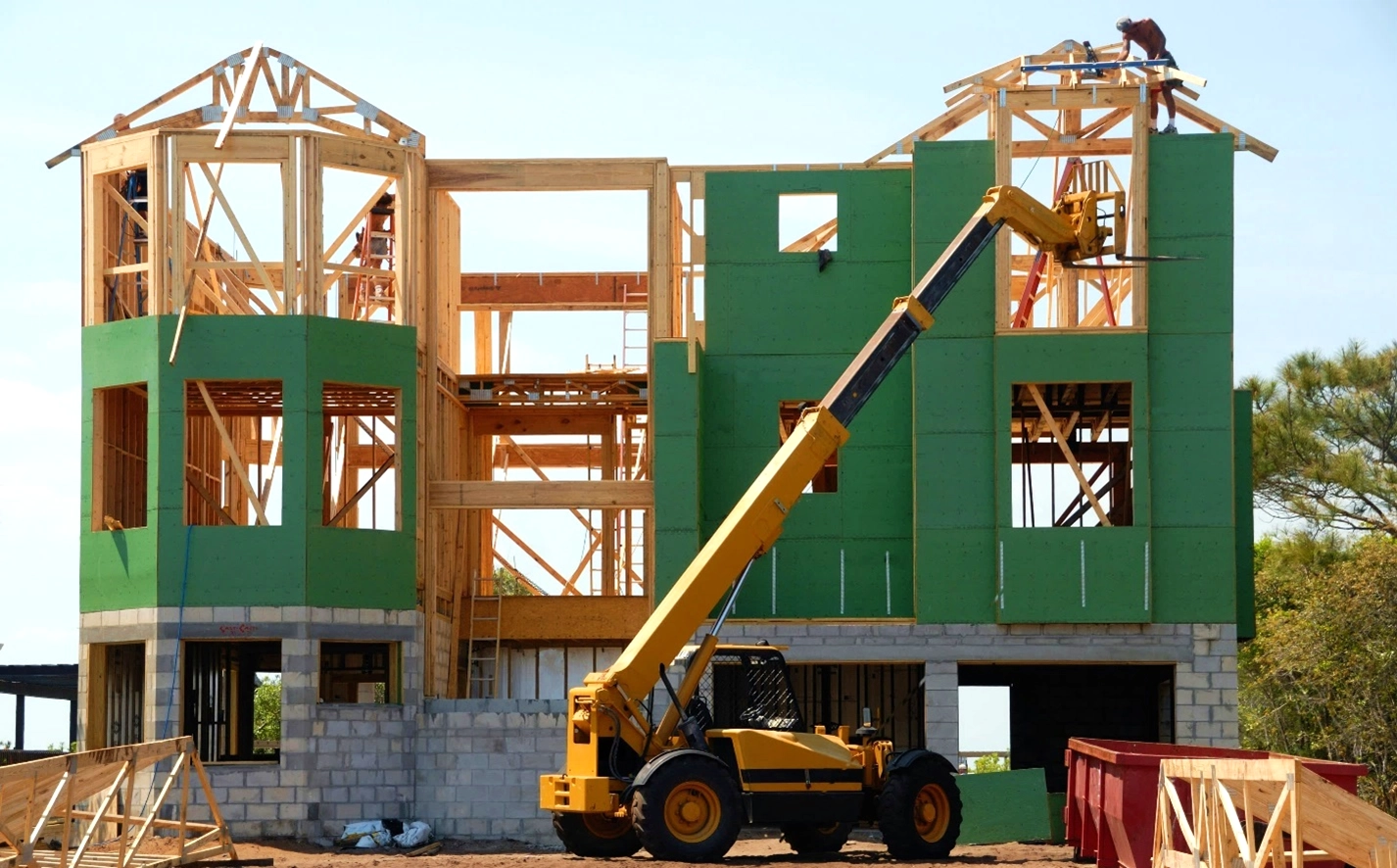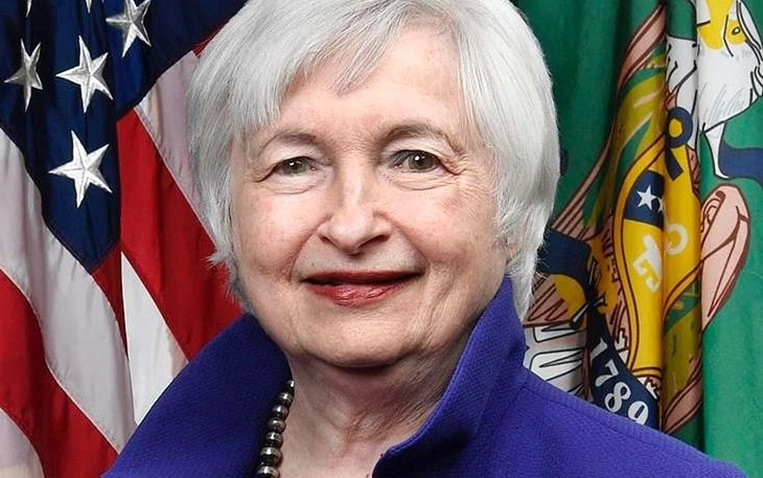
With absentee ballots already issued in Alabama, early voting has started. The Center for Popular Democracy ran a survey, and 84% of voters in swing states say housing is a big deal as they fill in their ballots, The Financial Times reports.
So, does the 2024 election runup bring us hope that people will soon be transferring and acquiring deeds at a healthy pace?
At Deeds.com we certainly hope so, but let’s take a look at the campaign promises and market realities.
Housing: The Core Kitchen-Table Issue for Voters
For most of us across the country, keeping a roof overhead makes up the bulk of our spending. It’s the housing sector, more than any other, where inflation has continued, seemingly unstoppable. Given the price tag of the typical U.S. home, many people have hunkered down with their current home loans. For many, buying a new home at higher rates just isn’t feasible.
Balking at the high cost of getting new loans, owners have delayed listing their homes up for sale for many months.
And many more people (including many of Deeds.com readers, we know) have been waiting for years, just looking for a chance to acquire their first deed.
All the while, housing costs have surged. Incomes have lagged. Lately we’ve seen homeownership treated as a privilege rather than a norm. According to Fortune, buying a home today depends on households making nearly $50,000 more than they earned before the pandemic.
Key Election Runup Promises—So Far
When Redfin recently surveyed some 3,000 people, most of them said housing impacts who they’ll vote for. So, what do people need to hear? The September 2024 Trump-Harris debate brought scant news for the housing voters. Yet Harris did reiterate a plan to give tax credits of up to $25,000 to first-time homebuyers. This is a clear statement that people are hurting and need action.
“I know what home ownership means,” Harris has said, adding that she wants three million new homes made available over the coming four years, as reported in The Financial Times.
But how? The new presidential candidate is pushing for tax breaks for builders of starter homes. Harris also promises to confront the unfairness of Wall Street investors who buy housing so they can take advantage of the rental market. It’s no help to the struggling voter when publicly listed companies and investors snap up one in four low-priced homes.
Treasury’s “Housing Affordability Fund”: Can It Help?

This summer, U.S. Treasury Secretary Janet Yellen announced several new housing decisions. One involves a $100 million affordable housing fund from the Treasury. It’s meant to boost affordable housing projects over the next three years.
No, $100 million isn’t a typo. $100 billion might move the affordability needle a bit. But $100 million, given the current cost of building affordable housing, won’t get us very far.
Yellen’s $100 million is a token amount of money. Enough just to point to the problem and signal that it’s on the administration’s radar — but not much more.
Granted, the U.S. Treasury is also asking housing agencies to ratchet up their funding for new housing. If they follow through, public transit is a pressing need, too — to connect proposed housing to work and play opportunities.
In short, we need far more than an injection of funds to support housing developers.
The Interest Rate: A Hurdle the Feds Can Lower?
The interest rates on borrowed money, too, go hand-in-hand with the mission of producing affordable homes. Rates now hover around 6.5% (compared to under 3% in early 2021). We know some affordable housing projects have yet to take off because builders are waiting for the Feds to cut rates down from their 23-year high. We know, because some of these builders have been sitting on their approved construction permits, waiting.
It’s no secret that election runups put pressure on the Fed to adjust lending rates. But the Feds have been slow to move. Pointing to inflation, the federal government has strung out its planned rate cut announcement for many months.
Finally, a rate cut is expected to come on September 18th. Once the Federal Reserve cuts its lending rates for banks, mortgage lenders can lower their rates a little more. That’s no magic wand, but it will allow for an extra degree of mortgage borrowing.
And that’s a reason for sidelined sellers and hopeful buyers to perk up. Still, lower mortgage rates aren’t a fix for a housing shortage like the one we face today.
OK, so what’s the fix? Zoning reform is the inevitable answer.
Housing Gets Votes—And Rezoning Gets Housing
The best way to lower home prices is to increase housing density. That is, people need permission to build more units in general, or extra units on existing residential properties.
We need to ease zoning restrictions. But zoning and rezoning neighborhoods are tasks that local government officials control. Local governments often face bitter resentment for bringing up the need for higher density in housing. So, what can be done to incentivize local decision-makers?
For one, can we get funding to support towns that could be willing to go from NIMBY to YIMBY, and rezone their land for more housing in certain areas?
Upzoning for more homes is an inflation-buster for builders, too. Where they get into denser construction, builders can reduce costs due to more efficient use of building materials.
At the same time, legislators could support local affordability by restricting Wall Street fund managers from buying up housing. These are the policy issues and responses we need to see our political candidates hash out. That means everyone — from our possible presidents, to our local zoning boards. Let’s have all hands on deck.
Locally and Nationally, What’s Ahead?
In the swing state of Arizona, people need to make $70,000 just to afford a two-bedroom apartment, says the National Low Income Housing Coalition. Arizonans have plenty of company nationwide.
Struggling households have had it. Politicians know it. They’re starting to push back against Wall Street control over homes. They’re pressing to cap rent hikes. They want to see institutional investors pay into affordability funds, providing support for people who’d like to hold the deeds to their homes.
New leaders — federal, state and local — modify tax rates and tax credits. They can shift entire economic sectors. So bookmark this site. We’ll keep you posted.
Supporting References
Zachary B. Wolf, Ethan Cohen, Molly English, and Matt Holt for CNN via CNN.com: What Matters – The First 2024 Ballots Are in the Mail. Here’s What to Know (Sep. 11, 2024).
Rebecca Picciotto for CNBC (part of NBC Universal) via CNBC.com: Real Estate Treasury Secretary Yellen Announces $100M Affordable Housing Fund as Shelter Costs Weigh on Biden (Jun. 24, 2024; updated Jul. 7, 2024).
Martha Muir And Lauren Fedor for The Financial Times: U.S. Housing Crisis Becomes a Critical Issue in the Presidential Election (Aug. 17, 2024).
Deeds.com: It’s Election Year. How Will This Affect Sellers and Buyers? (Mar 22, 2024).
Official website of Jacky Rosen.
And as linked.
More on topics: Inflation and home builders, Housing affordability hacks
Photo credits: Picryl (public domain media) via Wikimedia Commons; and Pixabay, via Pexels/Canva.
